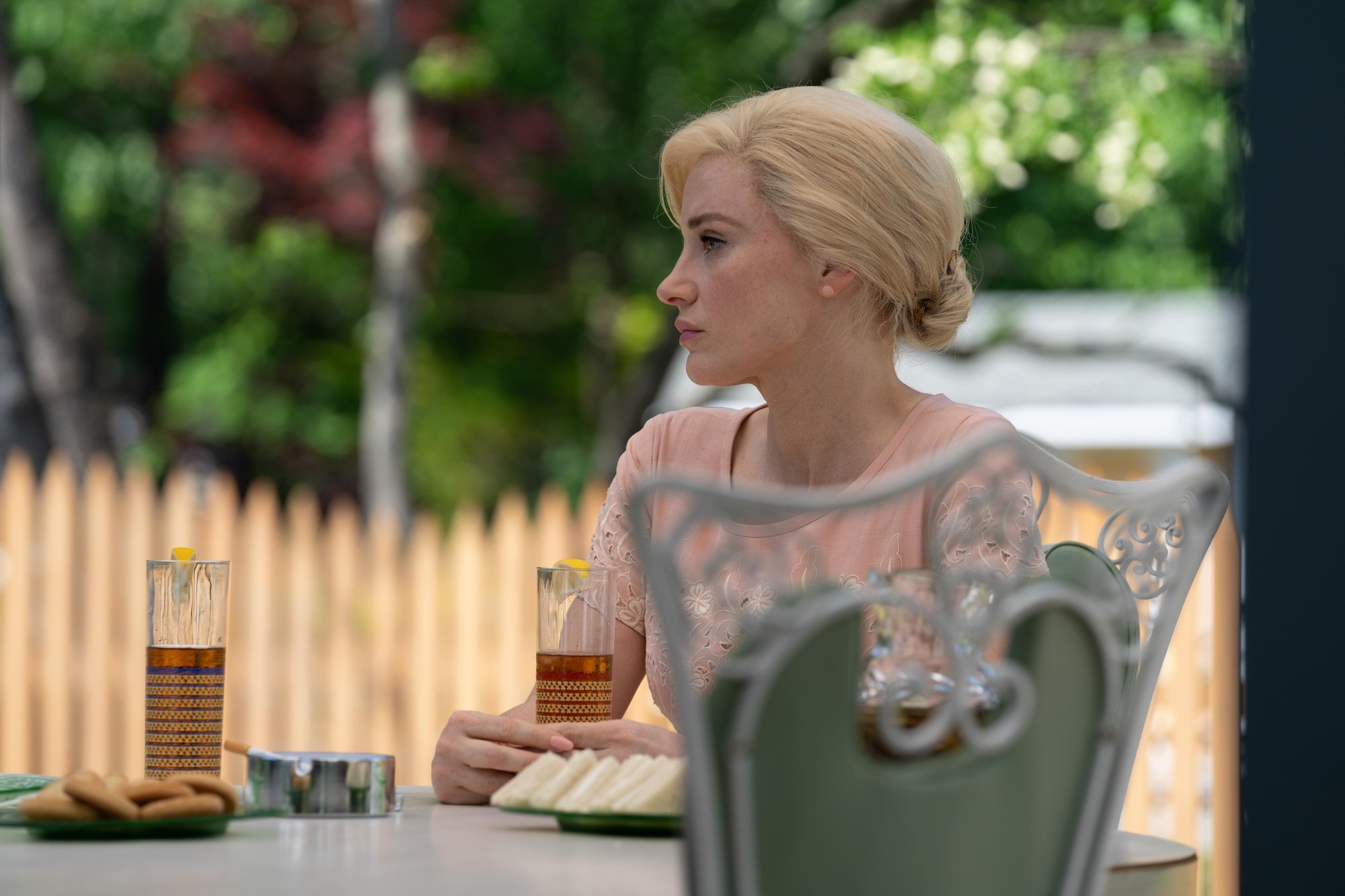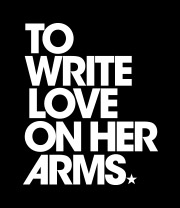 elcome to Jessica Chastain Network, your oldest and most complete resource dedicated to Jessica Chastain. You may better remember her as Molly Bloom in Molly's Game or Maya in Zero Dark Thiry. Academy Award winner for The Eyes of Tammy Faye, Jessica spans her career from big to small screen, seeing her not only in movies like The Help, The Debt, Miss Sloane, Woman Walks Ahead, The Zookeeper's Wife, The Good Nurse, she also played some iconic roles for series like Scenes from a Marriage and George & Tammy. Recently she registered a podcast series, The Space Within, and had a role in Memory and Mothers' Instinct. This site aims to keep you up-to-date with anything Mrs. Chastain with news, photos and videos. We are proudly PAPARAZZI FREE!
elcome to Jessica Chastain Network, your oldest and most complete resource dedicated to Jessica Chastain. You may better remember her as Molly Bloom in Molly's Game or Maya in Zero Dark Thiry. Academy Award winner for The Eyes of Tammy Faye, Jessica spans her career from big to small screen, seeing her not only in movies like The Help, The Debt, Miss Sloane, Woman Walks Ahead, The Zookeeper's Wife, The Good Nurse, she also played some iconic roles for series like Scenes from a Marriage and George & Tammy. Recently she registered a podcast series, The Space Within, and had a role in Memory and Mothers' Instinct. This site aims to keep you up-to-date with anything Mrs. Chastain with news, photos and videos. We are proudly PAPARAZZI FREE!

 elcome to Jessica Chastain Network, your oldest and most complete resource dedicated to Jessica Chastain. You may better remember her as Molly Bloom in Molly's Game or Maya in Zero Dark Thiry. Academy Award winner for The Eyes of Tammy Faye, Jessica spans her career from big to small screen, seeing her not only in movies like The Help, The Debt, Miss Sloane, Woman Walks Ahead, The Zookeeper's Wife, The Good Nurse, she also played some iconic roles for series like Scenes from a Marriage and George & Tammy. Recently she registered a podcast series, The Space Within, and had a role in Memory and Mothers' Instinct. This site aims to keep you up-to-date with anything Mrs. Chastain with news, photos and videos. We are proudly PAPARAZZI FREE!
elcome to Jessica Chastain Network, your oldest and most complete resource dedicated to Jessica Chastain. You may better remember her as Molly Bloom in Molly's Game or Maya in Zero Dark Thiry. Academy Award winner for The Eyes of Tammy Faye, Jessica spans her career from big to small screen, seeing her not only in movies like The Help, The Debt, Miss Sloane, Woman Walks Ahead, The Zookeeper's Wife, The Good Nurse, she also played some iconic roles for series like Scenes from a Marriage and George & Tammy. Recently she registered a podcast series, The Space Within, and had a role in Memory and Mothers' Instinct. This site aims to keep you up-to-date with anything Mrs. Chastain with news, photos and videos. We are proudly PAPARAZZI FREE!

When Jessica Chastain first read Jonathan Perera’s script for “Miss Sloane” a number of things immediately popped to her. There was the screenplay’s impressive “Sorkin-esque” dialogue. There was the opportunity to work with director John Madden, whom she first collaborated with on 2010’s “The Debt.” And, there was Elizabeth Sloane herself, a top Washington, D.C., lobbyist whose hunger to win drives her to sometimes jaw-dropping extremes.
“You can be addicted to drugs, alcohol, food, sex, whatever it is. Elizabeth is addicted to the win,” Chastain says. “Everything about her is about ‘the win.’ It’s the unwinnable that gets her higher and she goes after that.”
Only 10% of lobbyists are women and talking with them beforehand was a priority for Chastain. She met with 11 female lobbyists in Washington, but a number of meetings weren’t scheduled until the last minute as the two-time Academy Award nominee had to reassure them of her intentions. She notes, “I told them at the time, ‘I’m never going to say your name in the press. I’m never going to tweet about it. If you want to, great, but I’m going to follow your lead. I’m only here for research.’”
What she learned informed her on everything from sexual harassment in the workplace to the difficulties of career advancement. It shattered many of the stereotypes she had beforehand, including the assumption she’d made that her character would not use makeup and wear the same clothes over and over again. She discovered that simply wasn’t the case.
“They presented themselves in this world, which was a boy’s club, with a ferocity and an intimidation. You could feel them before they walked into the room,” Chastain recalls. “There was one lobbyist in particular that I absolutely latched on to with the way she presented herself. I remember calling John Madden afterward and saying, ‘You’re not going to believe this, but everything has changed in terms of how I think she needs to look. She’s wearing a mask! She’s wearing a battle uniform!’”
Chastain’s character hardly sleeps in the film, taking psychostimulants to stay awake and effectively work throughout the night to stay ahead of her competitors. She is literally “on” 24 hours a day, until she’s not. One of the more surprising story lines in the movie, however, involves her regularly scheduled hook-up with a private escort (Jake Lacy). Audiences might not believe a woman as attractive as Sloane needs to pay for a sexual release and Chastain quickly shoots that down as the sexist stereotype it is.
“I think the leap of faith or the reason they don’t buy it is because it’s a woman,” Chastain says. “We see so many times that male professionals score in films and this is the first time we see a successful female character do it. When I saw the movie, I realized how important those scenes are because it’s the first time you see this character away from work. You see her trying to navigate intimacies with another person and you see how much control she’s willing to give up. Every person needs some kind of intimacy in their life, but for Elizabeth it has to be something that doesn’t interfere with her [work] life and doesn’t throw her off balance.”
At its core, “Miss Sloane” is a political thriller about corrupt politicians trying to quiet a lobbyist acting against their interests. This narrative occurs in the context of dueling lobbying firms with opposing agendas on a gun safety bill. It’s an issue that is arguably even more relevant with the events of the past year than it was when Perera first finished the screenplay. Chastain says the movie opened her eyes to the cycle of gun violence in America, but says the legislative battle in the script could have been about any pressing issue — climate change or immigration too.
“It all sort of goes to what Elizabeth says at the end: ‘Our system is broken,’” Chastain says. “I learned so much from reading the script and I wanted to have an audience come away from the film and start a discussion where they can ask questions and they realize things about our political system that maybe they hadn’t before.”
LA Times by Gregory Ellwood and photos by Liz O. Baylen.
Photoshoots from 2016 > 018 – LA Times



























